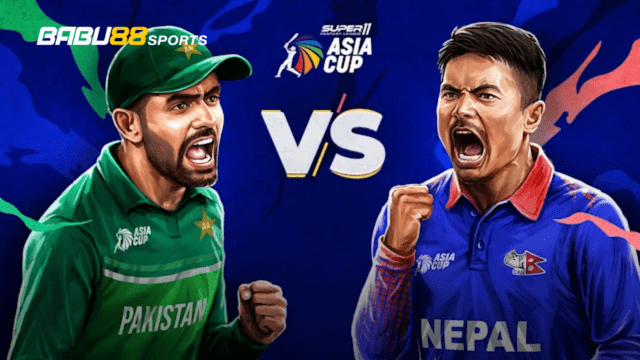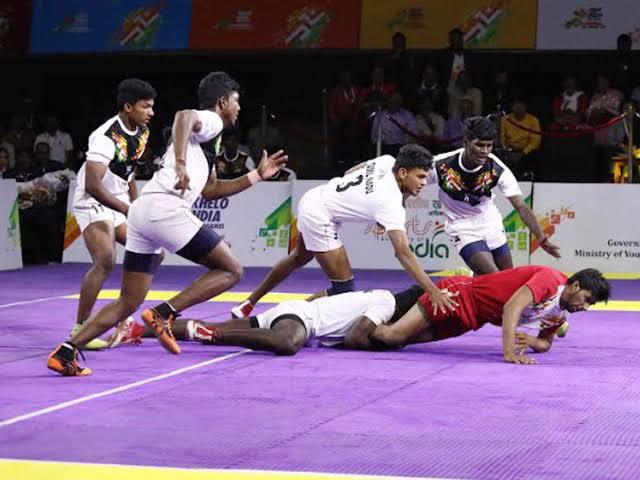
It is only three months since a contrite Ruben Amorim addressed the Old Trafford faithful at the conclusion of Manchester United’s worst Premier League campaign.
“I want to apologise for this season,” said the Portuguese following United’s 15th-place finish. “I know you are really disappointed with me and the team.
“After this disastrous season, I want to tell you the good days are coming.”
With the Premier League season just one game old, the jury remains out. After a campaign in which United’s lack of goal threat became a major talking point, no one could accuse the club of failing to back Amorim in the transfer market.
The arrival of a new-look front line in the form of Bryan Mbeumo, Matheus Cunha and Benjamin Sesko at a combined cost of more than £200m has undoubtedly revitalised the club’s attacking options.
United nonetheless drew a blank against Arsenal at Old Trafford on the Premier League’s opening weekend – albeit Sesko, a second-half substitute, played only 25 minutes – and it will inevitably take time for the new attacking trident to gel.
But with just one game played, scrutiny is rapidly intensifying at the opposite end of the pitch, where Altay Bayindir was given the nod in goal but failed to grasp either his chance or the ball as Riccardo Calafiori stole in to head home an early corner.
Bayindir’s error inevitably sparked debate over whether he should have been preferred to the Cameroon international André Onana, who has started all but four of United’s 76 Premier League matches since his arrival from Inter Milan in 2023.
Notably, however, that quartet of absences followed a blundering Europa League performance against Lyon in which Onana was at fault for both goals in a 2-2 draw.
With neither keeper forging a reputation as a model of reliability – and 38-year-old Tom Heaton the only other senior option in United’s squad – it seems increasingly clear that another foray into the transfer market may be necessary. With that in mind, it comes as no surprise that United have been linked with a move for Antwerp stopper Senne Lammens.
In the meantime, however, there is football to be played. Teams are built from the back, and nothing breeds defensive uncertainty quicker than a lack of clarity about the identity of the man between the sticks. Having moved to address one problem, in the shape of last season’s lack of goals, the last thing United need is to allow another gnawing problem to take root this term.
Amorim, however, has so far been reluctant to provide clarity around the situation. With Sunday’s visit to Fulham looming, the Portuguese confirmed in a news conference on Friday that Onana is available after recovering from a pre-season injury, but refused to confirm that he would.
“Onana is ready to play, like last week, so we will see in the game who is going to be the goalkeeper,” said Amorim, who bristled at suggestions Onana was dropped last weekend.
The Portuguese said much the same before the Arsenal game, and while it is understandable he would wish to keep his cards close to his chest, his stance also begs questions, not least whether he has faith in either stopper.
Amorim must weigh the benefits of standing by Bayındır, whose confidence would surely take a knock were he demoted to the bench, against the temptation to restore Onana if he is deemed fit.
For a manager still seeking to impose his authority, it is a decision that carries significance beyond the goalmouth.













